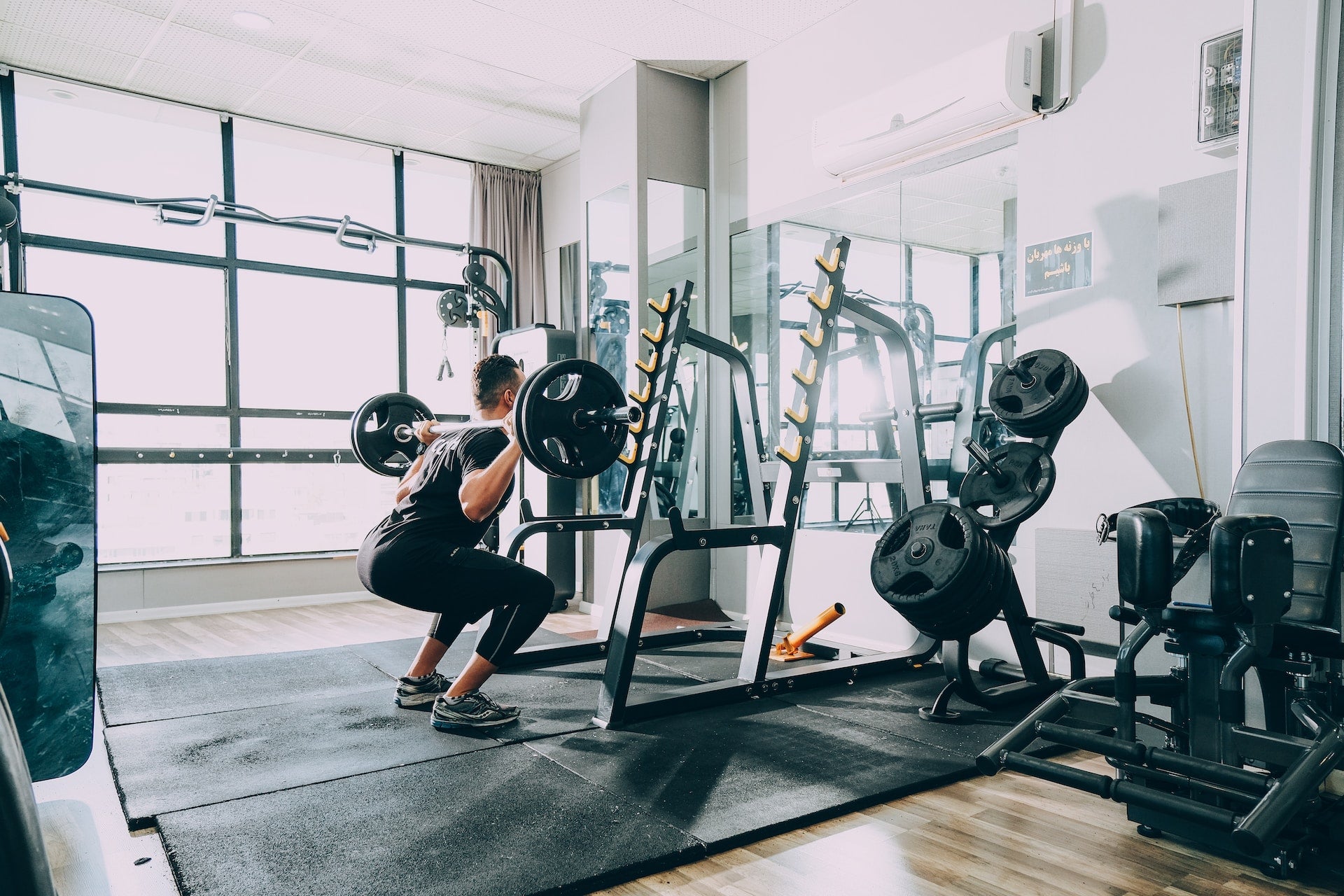Most people work out because they want to look a certain way or are trying to get stronger, faster, or more powerful. There's nothing wrong with any of these outcomes, but an increasing body of evidence suggests that regular training also improves cognitive performance and mental health. Here's a look at how building in more movement to your daily life can benefit your brain as well as your body.
Improving Cognition, Memory, & Attention
A review conducted by researchers from the University of Alabama at Birmingham (UAB) evaluated 24 prior studies that investigated the possible links between strength training and brain function. The authors found that regular workouts improve reasoning, memory, attention, executive function, and overall cognitive performance. Participants who previously showed signs of impairment improved their scores on a wide range of tests.
“This study is an important step in understanding the relationship between physical health and cognitive and mental health,” co-author Daniel Mirman, associate professor in the UAB College of Arts and Sciences’ Department of Psychology said in an article by the school’s communications department. “The health and physical benefits of exercise are well-established. Millions of people choose weightlifting as a means of exercise, especially those with cardiorespiratory and physical limitations. We want to know more about how this type of exercise affects emotions and cognition.”
Another study published in the Journal of Science and Medicine in Sport asked one set of subjects to do 30 minutes of moderate intensity aerobic exercise at 60 to 70 percent of their maximum heart rate while others did a strength training workout of similar duration. They found that both groups improved their ability to switch tasks afterward and wrote that “Exercise-induced alterations during the later stages of mental processing might result in superior performance.”
So does strength training need to be done regularly to boost brainpower, or can an occasional trip to the gym help? The answer seems to be “both.” A review released via Sports Medicine looked at the results of 12 previous studies that investigated how resistance workouts might positively impact mental performance. The co-authors noted that “A single bout of resistance exercise leads to moderate improvements in cognitive function when compared to a no-exercise control.” They also concluded that several weeks of consistent strength training for between 10 and 45 minutes increased the volume of the hippocampus and elevated levels of nootropic factors, leading to better inhibitory control, cognitive flexibility, and executive function.
Protecting the Aging Brain
As we age, it isn’t only our bodies that change, but also our brains. Whether it’s a full-blown medical condition or just certain symptoms like becoming forgetful or getting confused by complex concepts, it’s common for older folks to experience a drop off in mental acuity. While there’s no magic bullet, there are a bevy of scientific studies that suggest exercise might be one way to turn the tide without the need for traditional interventions like prescription pills.
A review published in the Journal of Aging and Physical Activity found that strength training can help healthy seniors preserve their cognitive abilities while slowing or even possibly halting the decline of those struggling with dementia and other neurodegenerative diseases. The researchers concluded by suggesting a protocol that had resulted in success during multiple previous trials: “we found that intervention designs in loads of 60–80% 1RM with approximately seven movements in two sets separated by 2 min of rest at least twice per week for 2–12 months (usually 6 months) could positively affect cognition, including information-processing speed, attention, memory formation, and specific types of executive function.”
They went on to suggest that such changes could be attributed to resistance training prompting the release of growth hormone, IGF-1, and other brain chemicals that are connected to the growth of new brain cells and preservation of existing ones. The levels of these neurotransmitters are often found to be low in older people struggling with progressive cognitive decline, and it appears that combining strength training with aerobic exercise – which has been studied far more extensively – can help get concentrations of growth factors back up again.
When the brain gets into the latter stages of life, one of the most significant changes is that it starts to lose plasticity, which is why some elderly people struggle to cope with changing circumstances and find learning new skills difficult. Researchers from the Brain Research Centre at the University of British Columbia compared the cognitive output of seniors who did weekly resistance workouts for a year with those who trained twice as often.
The results showed that the twice a week group improved their brain plasticity. They suggested that creating a consistent program that also included aerobic exercise – which has been shown to enhance selective attention – would enhance overall cognition. Other studies have recommended that seniors should perform moderate-intensity aerobic and resistance exercise as often as possible.
Boosting Mood and Mental Wellbeing
Resistance training doesn’t merely make your brain nimbler at all stages of life – it can also safeguard your mental health. A review published in Frontiers in Physiology examined various prior trials that examined how strength training might improve participants’ emotional state. The evaluation discovered that even a single workout can help people who struggle with anxiety feel calmer and more in control of their situation. Sticking to a regular routine extended these benefits so that those with chronic anxiety were better able to tame their symptoms.
A different review released in JAMA Psychiatry examined studies that have investigated the correlation between resistance workouts and depression. After diving into trials involving more than 1,800 people, they concluded that consistent strength training significantly reduced depressive symptoms, regardless of how intense the sessions were or what physical adaptations they led to. These findings applied to people who were clinically depressed and those who generally had good mental health.
The other reviews were conducted on middle-aged adults, but the impact of strength training appears to cross over to young people as well. In a meta-analysis, Scottish researchers analyzed seven studies that looked at the link between strength training and self-esteem in teenagers and young adults. They concluded that systematic resistance workouts helped develop a strong sense of self and improved confidence, equipping participants with a healthy mindset that continued into later life.





















